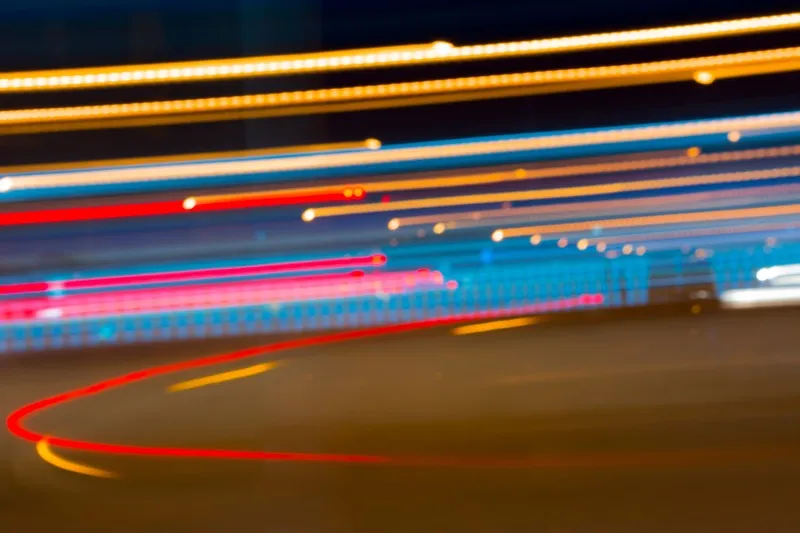The UK government is investing more than £6 million in the deployment of chargepoints to support ultra-low emission taxis across the country.
The money will be used to install nearly 300 rapid points and 46 fast ones in 17 local authorities, including Greater Manchester, Brighton & Hove and Leicester.
Rapid chargepoints are typically able to charge an EV to 80% in 30 minutes depending on the model’s battery capacity while fast charging is expected to deliver more than 60 miles of range in 10-30 minutes.
This deployment is expected to benefit more than 800 ultra-low emission black taxis and more than 3,000 ultra-low emission private hire vehicles.
Richard Harrington, automotive minister, says the chargepoints will help point the way for a healthier future as part of the government’s Industrial Strategy.
In a separate move, the government has also announced the winners of the UK Hydrogen Transport Programme, phase two. The recipients of £14 million funding to develop hydrogen fuel cell vehicle and refuelling infrastructure projects include:
• Tees Valley Hydrogen Transport Initiative: Tees Valley Combined Authority (UK), Materials Processing Institute, Northern Gas Networks (awarded £1,303,500).
• Hydrogen Mobility Expansion Project II: Element Energy, ITM Power,
• Northern Ireland Hydrogen Transport: Viridian Energy Supply,
• Riversimple Clean Mobility Fleet: Riversimple Movement, Monmouth County Council (£1,249,670).
• Towards commercial deployment of FCEV buses and hydrogen refuelling: BOC,
UK government pledges £6m on chargepoints for ultra-low emission taxis
The UK government is investing more than £6 million in the deployment of chargepoints to support ultra-low emission taxis across the country.
The money will be used to install nearly 300 rapid points and 46 fast ones in 17 local authorities, including Greater Manchester, Brighton & Hove and Leicester.
Rapid chargepoints are typically able to charge an EV to 80% in 30 minutes depending on the model’s battery capacity while fast charging is expected to deliver more than 60 miles of range in 10-30 minu
February 12, 2019
Read time: 2 mins







